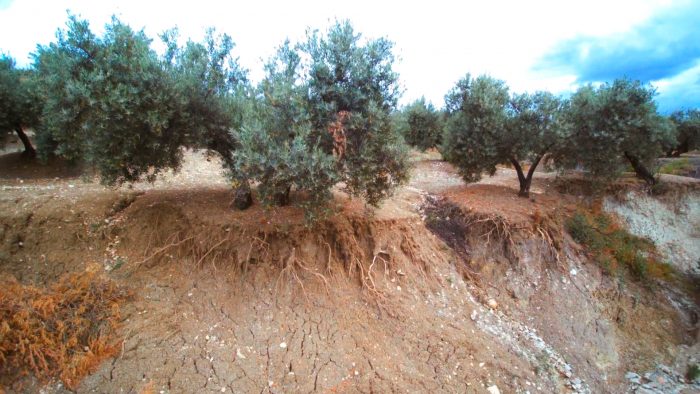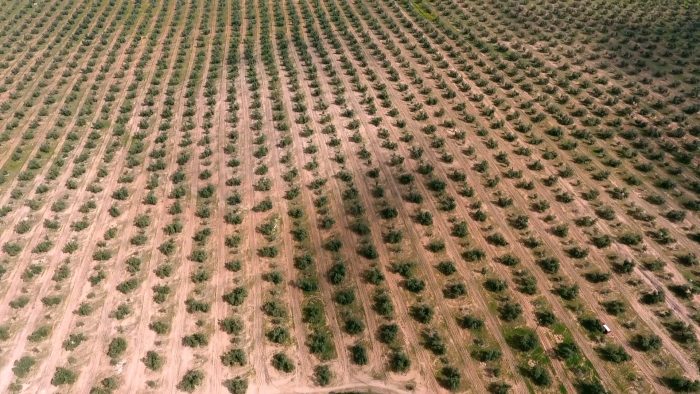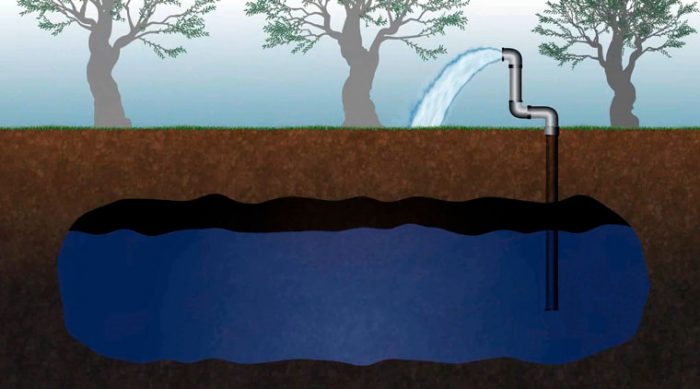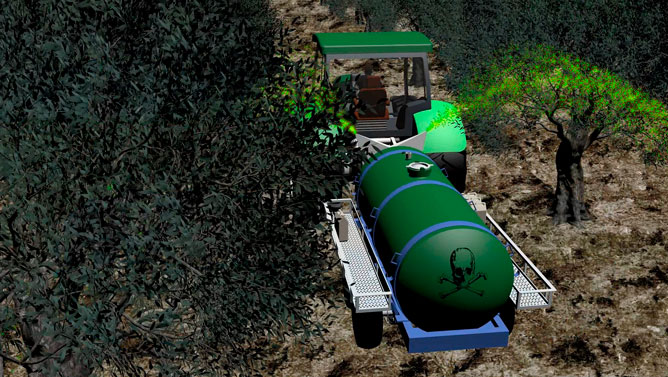Context
Importance of the Olive grove in the Mediterranean Basin
Europe concentrates approximately 70% of the world’s olive oil production. Tunisia and Morocco contribute 10% of world production. In total, 7.7 million hectares are accounted for in the Mediterranean basin. Therefore, the cultivation of the olive tree is the backbone of socio-economic and cultural life of many regions of the Mediterranean Basin.
The olive grove sector, and especially that of olive oil, is a leading economic actor for its ability to generate employment (more than 1,000,000 annual peonads), being the economic livelihood of large areas of the Mediterranean basin and one of the sectors responsible for the brake of rural depopulation. On the other hand, olive cultivation is also the predominant landscape of these areas. In addition, the olive oil sector represents an important source of healthy foods and is appreciated around the world as an integral element of the Mediterranean diet model, which since 2013 is an intangible cultural heritage of the UNESCO and becomes a hallmark for some regions of the Mediterranean basin.
Environmental problems

Erosion and loss of soil fertility
Biodiversity loss and landscape degradation


Water overexplotation
Air, water and soil pollution

Sustainable technology solutions
Among the elements that will be part of the sustainable technological solutions adapted to the great diversity of conditions of the olive groves of the Mediterranean Basin include:
They provide a series of synergistic relationships with other ecosystem services, improving the infiltration and availability of water and nutrients in the soil, improving fertility and indirect pest control (among others), and also provide food for livestock.
Livestock integration provides effective control of unwanted plants with low risk of erosion, fertilization without external inputs and the maintenance of important biodiversity and landscape values. In addition, it is an interesting economic alternative for monocultures of olive groves.
Crushing and incorporation into the soil as quilting of olive tree pruning waste promotes nutrient retention and provides habitats for the edaphic community, resulting in an increase in biodiversity. In addition, it increases soil organic matter and other indicators of soil fertility and contributes to carbon sequestration in soil.
The positive effects of the use of organic fertilization (green manure, manure and other by-products of the mill industry) are widely recognized in the improvement of some ecosystem services, such as nutrient retention and reduction of their loss, contributing to the reduction of environmental pollution, protection of biodiversity, and closing of nutrient cycles.
Practices aimed at recovering the traditional characteristics of the landscape, such as hedges, ponds or strips of wild flowers, which increase the natural value of olive groves and play an important role in reducing soil erosion. Many of these measures are subsidized by the Common European Agricultural Policy (CAP, pilar II).
The design of deficit irrigation systems and regimes is a solid strategy that would help save water in overexploited areas. Currently, the irrigation of many olive groves usually has little agronomic basis, in terms of quantities and times of water application, and many farmers use more water than is really required or desired. SUSTAINOLIVE will promote the rational use of water in the irrigation of olive groves.

